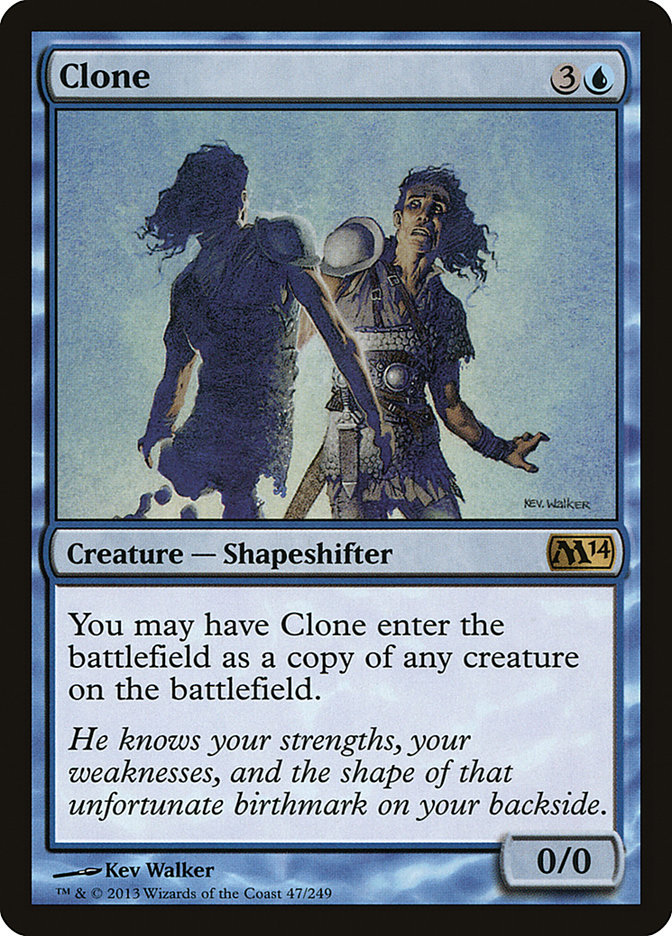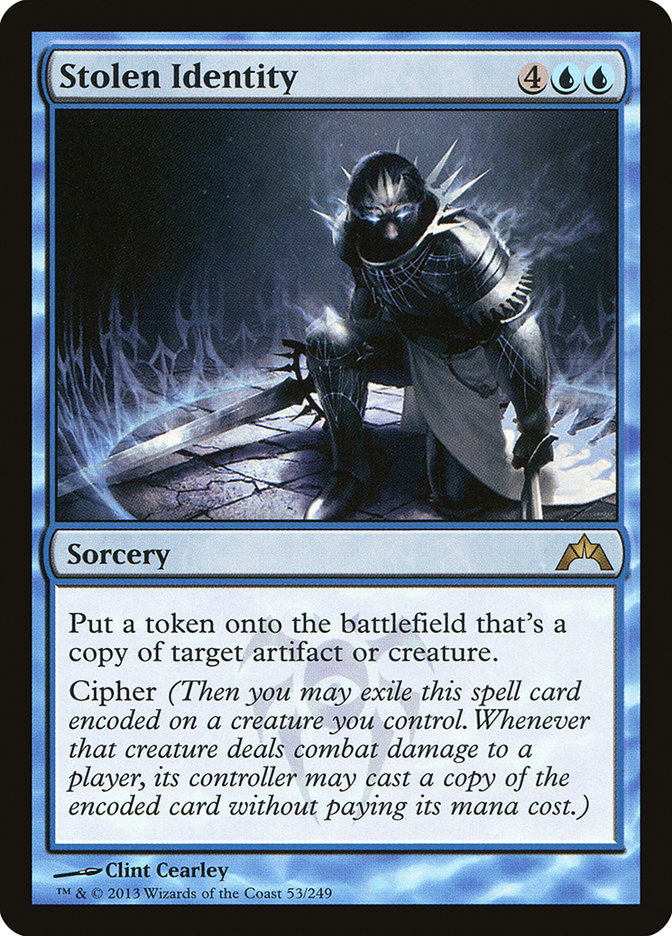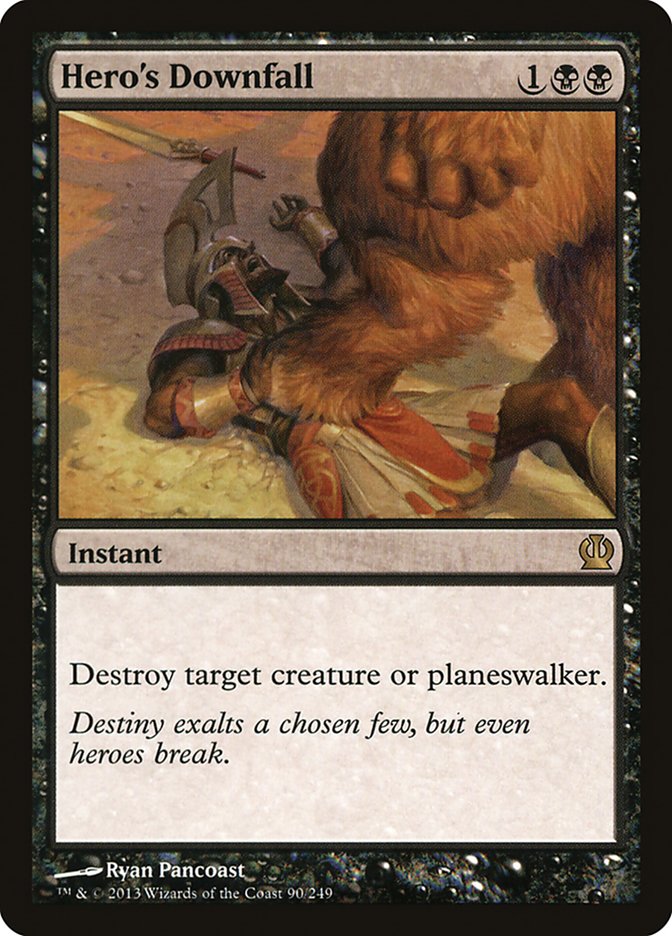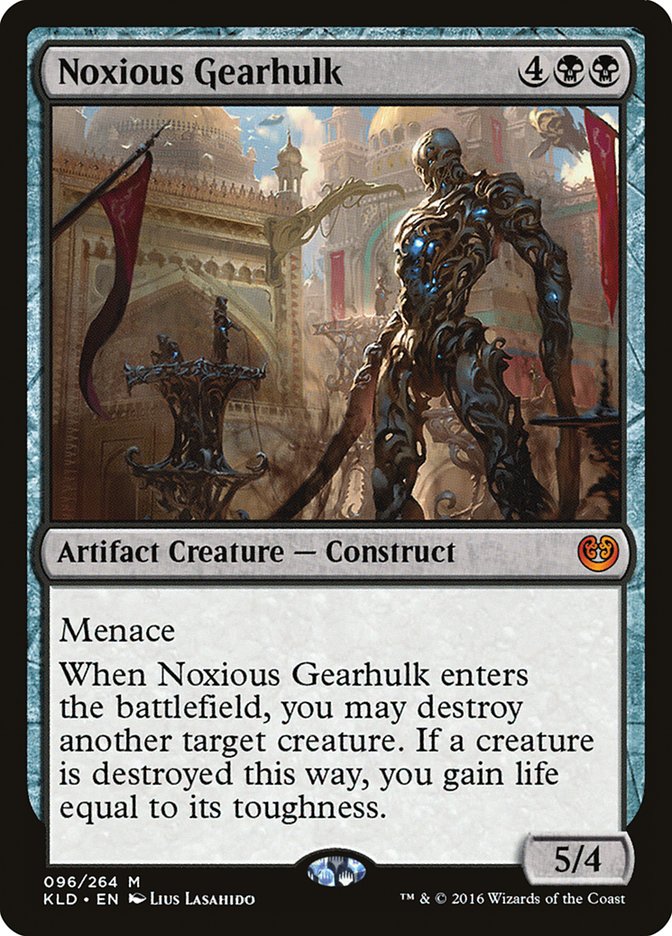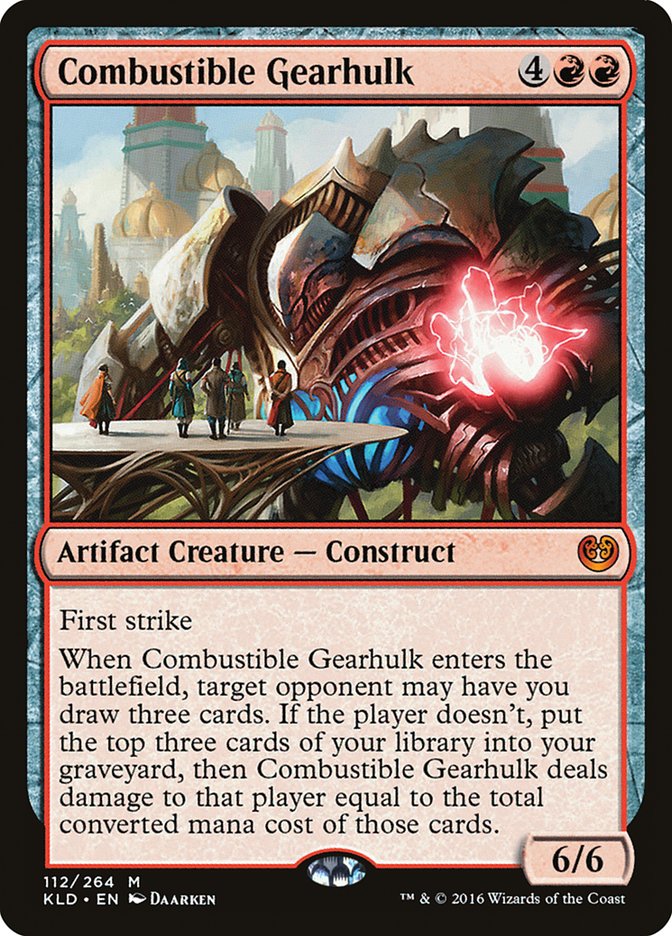We’re going deep today. Not like, “technology is the engine which drives constant human anguish,” but more like the inability to understand the concept of peace without first being made to suffer.
Stick with me for a minute. This is still going to be a Magic: The Gathering article. And hell, if you don’t like this, next week I’ll be doing some called shots for Kaladesh money, so if you dig cash or speculating, that’s the article for you! Hooray! Something for everyone!
But today I was struck by some random inspiration, and I figured it would be pretty cool to talk about it.
So you want to get better at Magic. We’ll try and help you with that today in the most unique way I’ve spoken with you about.
Confused?
Follow along.
This weekend I bought a collection from a woman curiously like Peggy Hill. Her tenant had ran out on his rent and left behind thousands of cards that smelled curiously like Walter White‘s favorite money-making hobby. She wanted to be rid of them. I wanted to purchase them. We were meant for each other.
This meant sifting through thousands of commons, uncommons, lands, tokens, and rares to see if I had struck gold. It turned out to be a fairly good buy, but it required a lot of organizing. After losing in the Top 4 of a GPT, I decided to get cracking on the daunting task ahead of me when one of our locals, Matthew, offered to give me a hand. Two heads are better than one, so we started. During the eye-crossing amounts of sorting, Matt asked me a question I get on a regular basis.
“How do I break that barrier and get better at Magic?”
My usual answers can be found here:
Even More Life Lessons for New Players
The Good Advice Players Just Don’t Get Enough Of
Whoa. I just realized I have my own subtheme of article writing. That’s gnarly.
These are the bullet points I refer to when someone asks me that question. I don’t fancy myself a great Magic player as much as I think I’m someone who is capable of playing great Magic. That’s what separates me from people like Shaun McLaren or Brad Nelson: they’re great players. I kind of stole that from Apollo Creed. “You fight great, but I’m a great fighter.”
The difference is that certain people can eat, sleep, breathe, and bleed Magic. I can’t. When I have the fire, I believe I can play at very high levels, but it waxes and wanes with me, where it doesn’t with others. It’s hard to articulate that properly without seeing it in action, but hopefully it makes sense. A match played great can lead a player to victory over a great player who is clearly better, but not in that match.
But answering Matt was different from how I talk to other people about what they can do to get better, because it was way less formulaic. This wasn’t the Hulk Hogan promo I give most folks:
1. Say your prayers.
2. Test a lot.
3. Drink your milk.
4. Read articles.
5. Respect your parents.
6. Watch streams.
7. Get good grades.
8. Keep an open mind.
9. Challenge Ric Flair to Yapapi Strap Matches.
I simply told him, “You’ll never get better at Magic because you try to act like other Magic players.”
He had no idea what I was talking about.
So here we go: 600 words in and we’re finally getting to the point.
The reason most Magic players are never able to achieve the level of success they desire is because they are copies of successful players.
How many times in a tournament, or while you’re testing with friends, have you heard, “I read in that Tom Ross article you’re supposed to do this,” or “This is Todd Anderson’s exact list?” Probably a ton, right? Now let’s fast-forward to them not doing well or losing a pivotal match…whom do they blame? “Eh, Todd’s deck must be trash.”
The core issue is that sometimes we are unable to comprehend the thought process of other players because it contradicts our own. Tom Ross may have had a complex decision tree that bled into possible draws, cards his opponent may have had, cards in his own hand, or what the battlefield state could potentially look like in one or two turns. His actions were based on Tom Ross Magic, not yours. Todd Anderson’s deck choice could have been a direct analysis of the metagame, or his own personal style of playing the cards he likes.
Each scenario represents the professional being emulated by someone who believes that emulation will put them in the same company, and therefore the same skill bracket or yield similar successes.
This is the first level and the most easily identifiable. It’s a simple concept to overcome, but it is a fraction of the bigger problem.
New players wrap themselves in the identity of those around them.
I let Matt know that he isn’t like the people in our local area that he plays with, but one of his biggest downfalls is that he tries to be.
We have a lot of players who parrot information or shoot down a card/deck idea because someone else said it was “bad.” Pack mentality sets in, and before you know it, the idea has spread like wildfire. U/R Burn was a good metagame choice several weeks ago because it could crush the various Emerge decks while posting a good game against Bant Company, which at the time was cutting Dromoka’s Command in favor of Declaration in Stone to give it more game against the mirror. Surprise! U/R with maindecked Fevered Visions became a powerful choice. However, the players in my area dubbed it “bad,” and thus a completely nonsensical stigma was born.
My area isn’t unique. I’ve seen it all over the place. A clique is born and then it designates an alpha, who becomes the “player to beat” in that store regardless of skill cap. Their word becomes a kind of law. A new player hearing the siren’s call of Magic comes in and starts to learn. They’ll almost immediately identify what groups exist within it, usually some measure of casual and competitive. Once they’ve figured out where they think they belong, they’ll try to befriend members of the desired clique and will say most things that fall in line with their ideology.
I believe that Matt falls into the latter category of wanting to be competitive. It’s clear he’s a very intelligent young man, but some of the things I hear out of his mouth are things that came from the people he surrounds himself with. I don’t necessarily think he believes most of it, but nonetheless he adheres to the ideologies and suggestions without delving deeper into the logic behind it.
Without an identity, a player is incapable of forming the ideas needed to be successful in the long-term.
One of the worst things that can happen to one of these players is a successful tournament finish. This will offer them validation that what they are doing is working, so they’ll continue these practices and then immediately question why the results weren’t replicated in other events.
When you hear “oh, that’s a Jeff Hoogland deck” or “Shaheen Soorani’s Esper decks are only good in his hands,” you’re hearing that there are two players out there who have bucked the traditional notions of when it is appropriate or not to play a deck or archetype. They experiment and refuse to work within conventional confines, which has led to them cultivating an identity that works against mainstream conceptions.
Long-term success is dictated by forming an identity, because it assures you don’t have any outside sources to adhere to. You’re not trying to impress anyone or work around what the people in your playtest group may believe to be right and wrong. It’s a liberating freedom that very few players obtain. It’s one part not caring what others think, and another part of integrating their best ideas while discarding their hurtful traits.
An issue with not developing who you are as a player is that it inherently stunts your growth and capacity to process new information. When a set comes out, like Kaladesh for example, I’ve heard people refer to the Gearhulks as “bad Titans.” Of course this is harmful to your understanding of the Gearhulks and how best to utilize their power.
In the context of Standard now, the various Gearhulks are incredibly powerful and look poised to take center stage in multiple archetypes. They are almost certainly that good. They aren’t bad Titans, because they bring something entirely different to the table. They are creatures and artifacts, so their death counts twice towards delirium. The Titans enjoyed a revolving door in which one was the best at the time, whereas most of the Gearhulks will see simultaneous play in Tier 1 or 2 decks. Those people who have already written off Gearhulks as worse versions of cards five years old and influenced players in their group to think similarly have created a detrimental hive-mind that strips players of individuality and the ability to properly analyze cards.
Put It All Together
I explained this to Matt, but I don’t think he fully understood. He talks like they do because he thinks he’s supposed to, and has adopted their philosophies because he thinks he’s supposed to.
Magic is a social game above all other aspects. While there is strategy, logic, deduction, and other aspects that have formed it, there is still the unaccountable variable of your opponent and the other people in the room.
I believe that playtesting groups and having others around you to play with will elevate your overall skill and allow you to get better, but one thing I forgot to mention is the importance of preserving your sense of self. Think how you would think, analyze how you would analyze. In marketing I learned from one of my bosses during content creation training to “learn everyone’s best practices and eliminate their weaknesses.” I take this approach when it comes to improving daily at Magic.
If you want to break through that ceiling and achieve better results, think for yourself. Try new things. Stumble across something that could change the metagame. Share your ideas. Listen when people run down cards, but rationalize in your head that they could be entirely wrong. Go against the grain. Talk about different ideas, and open up to ones you may not have thought of. Magic is fluid, and nothing is absolute.
When your goal is to get better, the best thing to do is to be yourself.
It’s all that you can do.
…
Successfully ended things with an Audioslave reference. My references are out of control. Everyone knows that.




